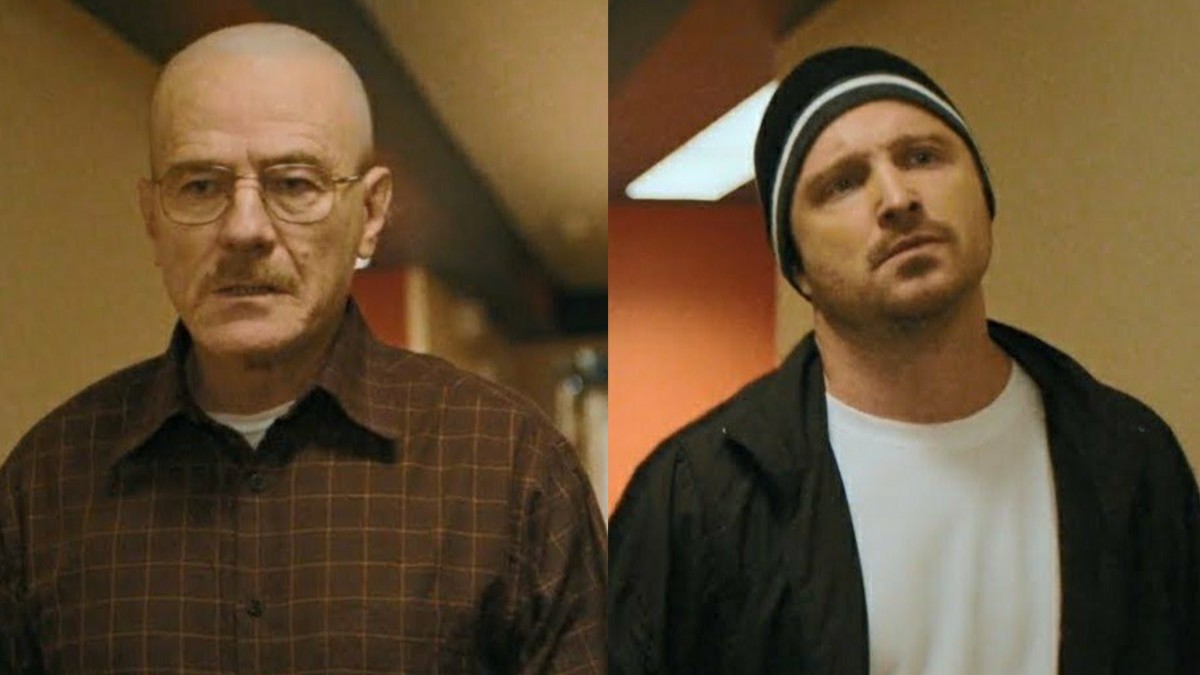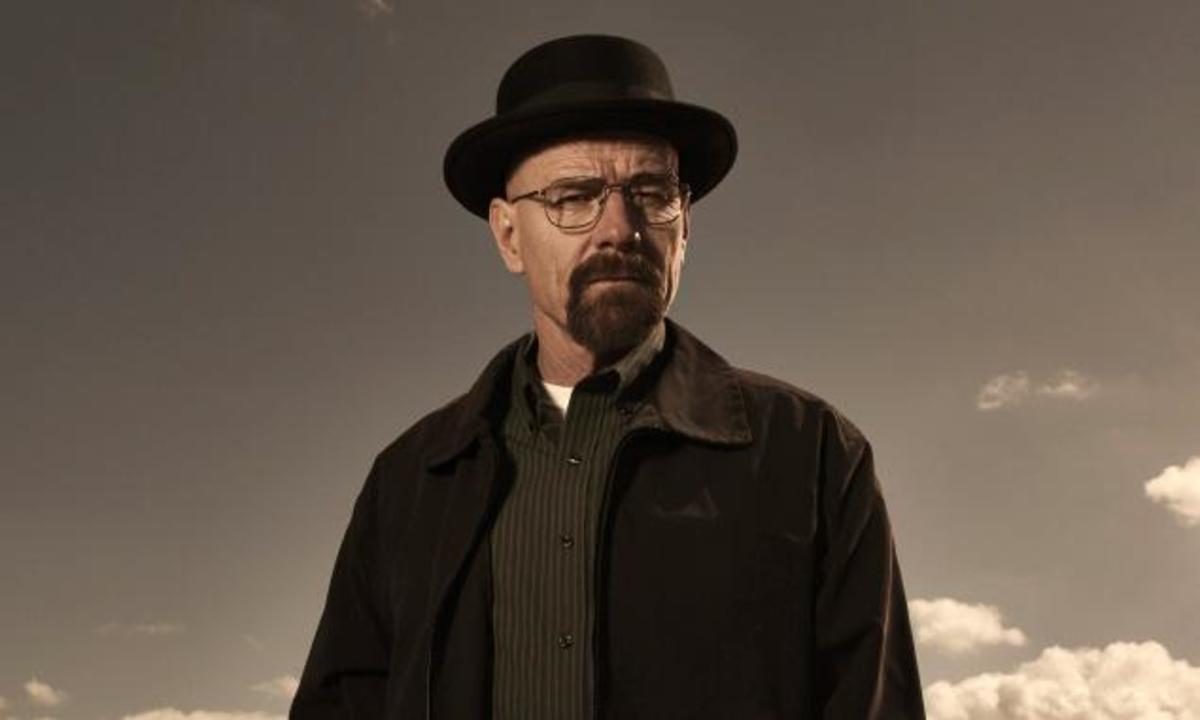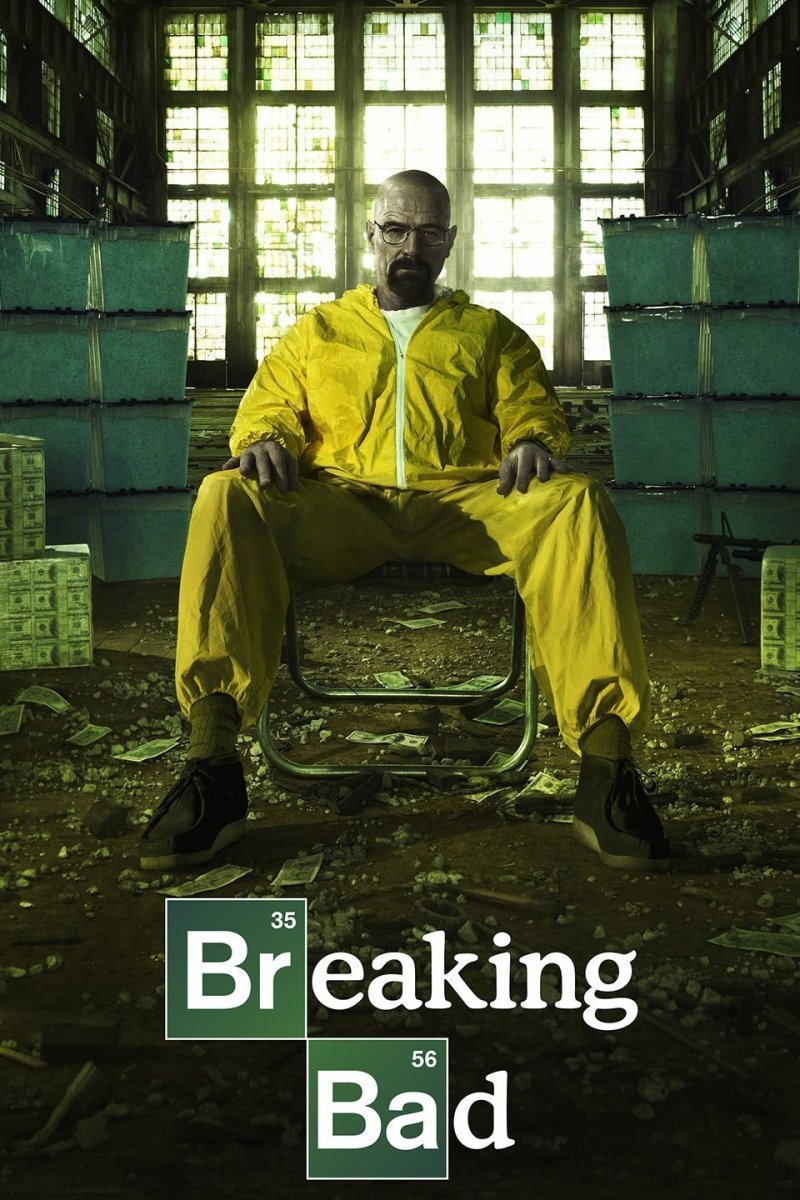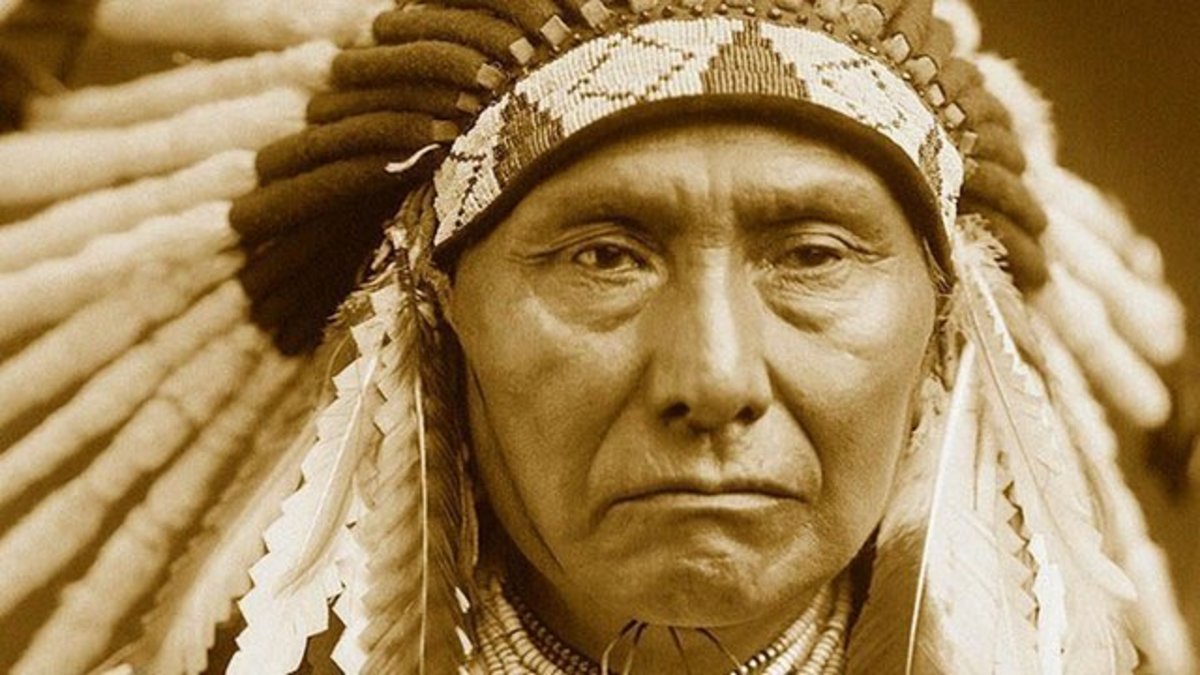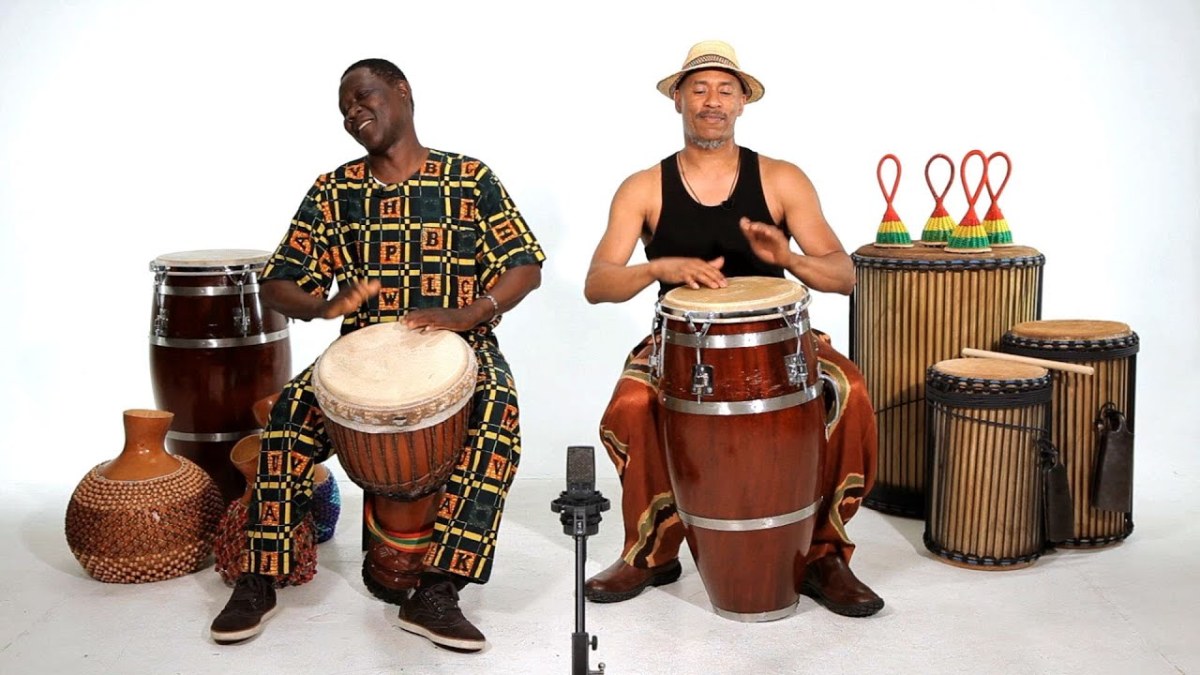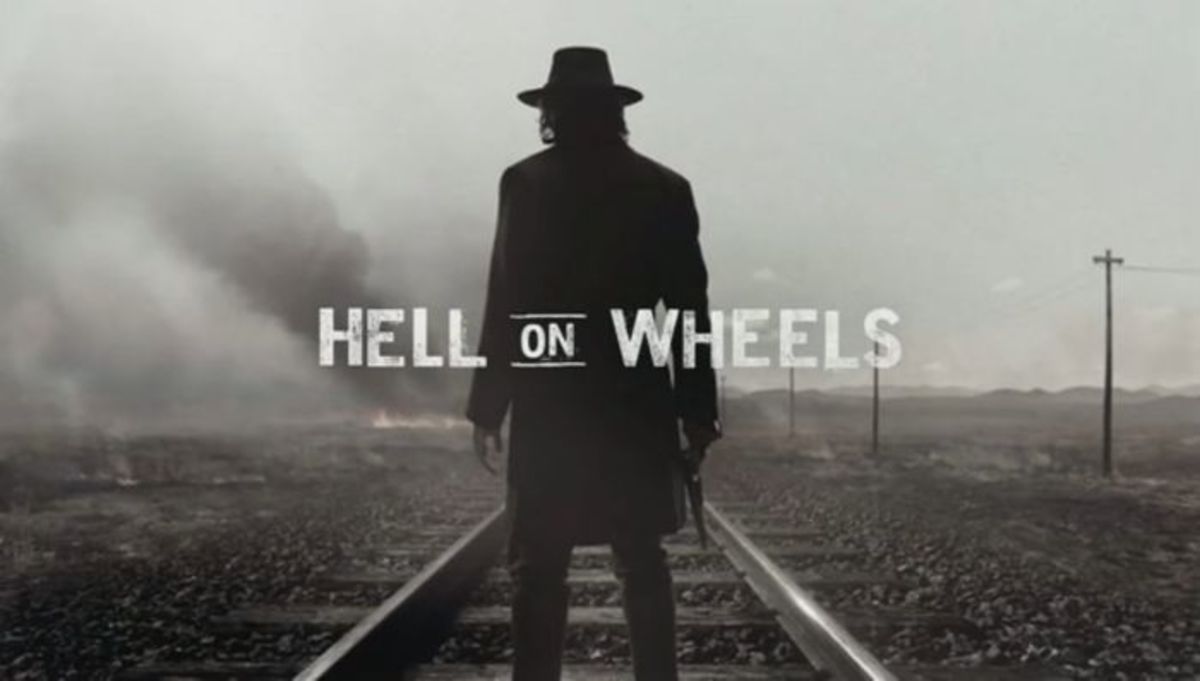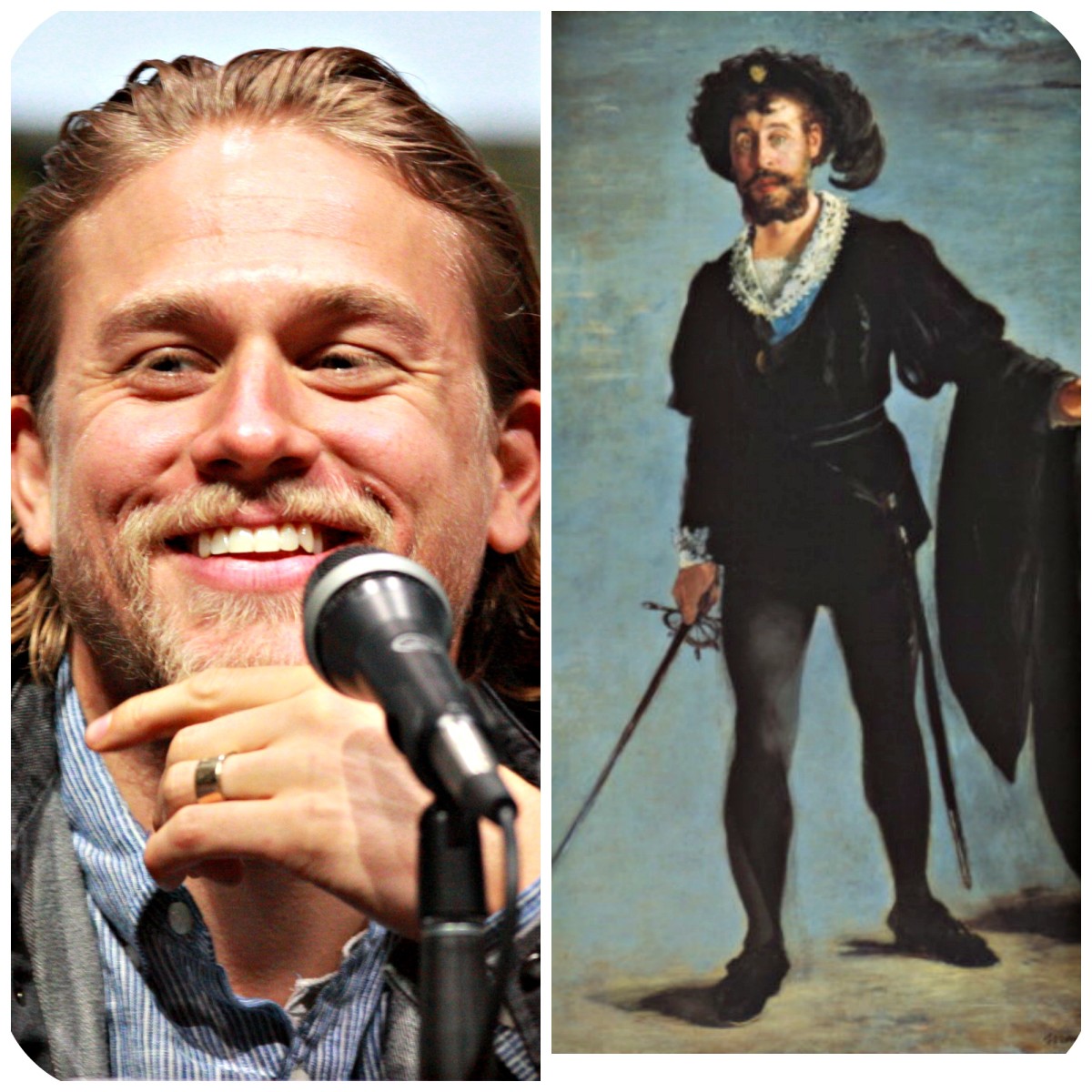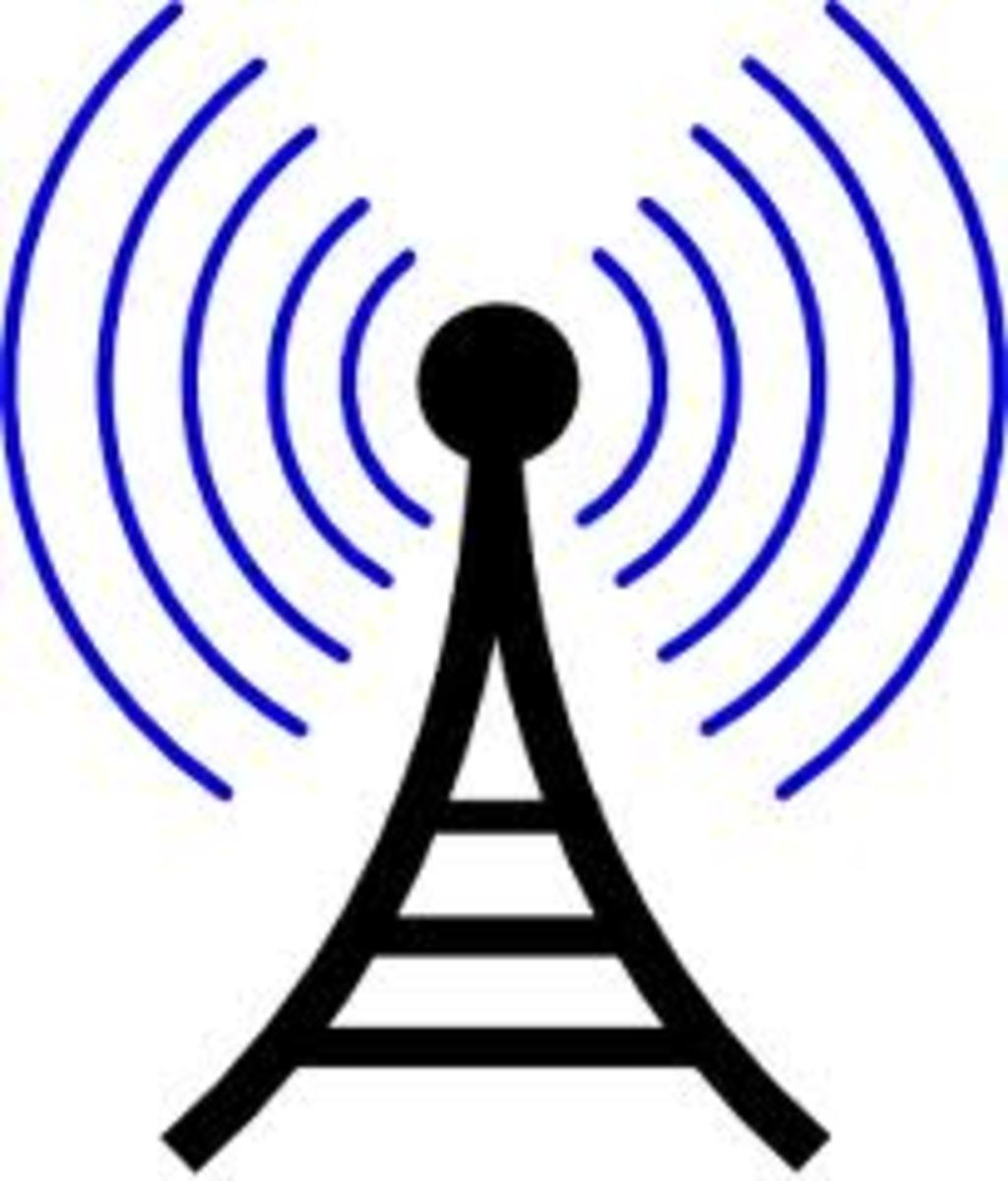My Breaking Bad Review And Analysis
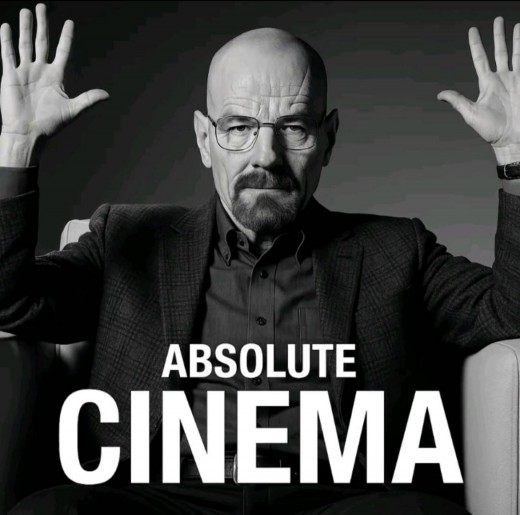
My Detailed Analysis and Review of Breaking Bad: Its Cultural Significance, Landmark Episodes, and Narrative Arc
As a fan of television's evolution, especially of the show in question, I've seen Breaking Bad (2008–2013), created by Vince Gilligan, as one of the most transformative series I've ever watched. It's a show that grabbed me by the collar and didn't let go, redefining what I thought TV could be. Below, I'll walk you through my take on its narrative arc, cultural impact, and standout episodes, especially "Ozymandias," which I believe deserves its rare perfect 10/10 on IMDb. I'll steer clear of the tangent about Invincible's rating, as I find it speculative and off-topic, and instead focus on why Breaking Bad hit me so hard, from its gripping Start to its heartbreaking end.
My Take on Breaking Bad's Cultural Significance. When I first watched Breaking Bad, I was struck by how it entertained me and made me think. The story of Walter White (Bryan Cranston), a chemistry teacher turned meth kingpin, and Jesse Pinkman (Aaron Paul), his former student, felt like a gut-punch commentary on ambition, morality, and the American Dream. Here's why I think it's left such a mark:
It Changed How I see TV, and I remember watching shows like The Sopranos, but Breaking Bad took serialized storytelling to an entirely new level. It showed me that TV could be as deep and cinematic as any film, paving the way for shows like Better Call Saul or Succession. I'd argue it helped kick off the "Golden Age of Television." It Made Me Question Morality. Walt's Journey from a desperate dad to a ruthless criminal had me rooting for him and hating myself for it. I debated with friends whether he was a villain or a victim, and that moral ambiguity hooked me.
It's Everywhere in Pop Culture, and I can't scroll through X or memes without seeing "I am the one who knocks" or those yellow hazmat suits. The show's imagery and quotes have become part of how I, and millions of others, talk about ambition and power. The acting blew me away. Bryan Cranston and Aaron Paul didn't just act; they became Walt and Jesse. Their Emmy-winning performances made me feel every ounce of Walt's pride and Jesse's pain.
It Hit Close to Home, and as someone who's seen the struggles of the post-2008 economy, I connected with the show's critique of America's healthcare system and the lengths people go to for survival. Walt's cancer diagnosis felt like a real-world anchor for his crazy choices. My Journey Through Breaking Bad's Narrative Arc began when the series came out in high school. I binged on Breaking Bad over a few intense months when I was young and in high school and again when I was in my early twenties. Now, in my late twenties, I'm revisiting it. It's 62 episodes long, and it felt like a rollercoaster. Let me explain how I experienced its beginning, middle, and end, exploring the moments that have stuck with me.
The Beginning (Seasons 1–2) Hooked from the Start, and I was immediately drawn into Walt's world when I started Breaking Bad. He's an ordinary guy like me, struggling and beaten down by life. Diagnosed with lung cancer in the pilot, he teams up with Jesse to cook meth to provide for his family. Those early seasons made me laugh at the dark humor and cringe at the stakes. What Hit Me was Walt's Desperation: I felt for Walt when he turned down charity from his rich ex-colleagues in "Gray Matter" (Season 1, Episode 5). His pride spoke to me, even if it was his first step toward trouble.
The show's Moral Slippery Slope shocked me when Walt killed Emilio in the pilot and Krazy-8 in Episode 3. I kept asking myself, "Would I do that?" It made me see how fast someone can change. Walt and Jesse's Bond: I loved the messy dynamic between Walt's brainy arrogance and Jesse's heart. Their fights and loyalty kept me glued to the screen.
Episodes That Stood Out:
Pilot (Season 1, Episode 1): I'll never forget Walt in his underwear, cooking meth in an RV. The mix of absurdity and tension hooked me instantly.
"Peekaboo" (Season 2, Episode 6): Jesse's encounter with a neglected kid broke my heart. I saw his goodness shine through, unlike Walt's growing coldness.
"Phoenix" (Season 2, Episode 12): When Walt let Jane die, I gasped. It was the moment I realized he wasn't just in over his head, he was becoming a monster.
My Thoughts: I loved these seasons' tight pacing and desert visuals. The show's chemistry metaphors (like the periodic table in the credits) made me appreciate its cleverness. Skyler's slow realization of Walt's secrets and Jesse's guilt kept me invested, knowing things would only get darker.
The Middle (Seasons 3 - 4): Heisenberg Takes Over
By Seasons 3 and 4, I was all in. Walt was no longer just Walt; he was Heisenberg, building an empire under Gus Fring, a drug lord who chilled me to the bone. The show shifted from dark comedy to a full-on crime thriller, and I couldn't look away.
What Hit Me:
Walt's Ego: I started to see Walt's pride take over. His clashes with Gus showed me he wasn't just surviving anymore; he wanted to be the boss.
JesseStrugglegle: I felt for Jesse as he got caught between Walt and Gus. His loyalty and pain made him the heart of the show for me.
The Stakes Got Real: Skyler's money laundering and Hank's pursuit of Heisenberg made me realize that no one was safe. Every choice felt like a ticking bomb.
Episodes That Stood Out:
"Half Measures" (Season 3, Episode 12): I was on the edge of my seat when Walt ran over Gus's dealers to save Jesse. It showed me how far he'd go for his partner.
"Box Cutter" (Season 4, Episode 1): Gus's act of slicing Victor's throat left my jaw dropped. I saw what Walt was against, and his defiance made me nervous.
"Face Off" (Season 4, Episode 13): Walt's bomb killing Gus was one of the most satisfying moments I've ever seen on TV. I couldn't believe his cunning.
My Thoughts So Far: These seasons sucked me into a world of high stakes and betrayal. The superlab's sleek look and the show's bold camera angles (like shots from inside machines) made me feel like I was in the story. Jesse's arc tore at my heart, and I started to see Skyler as more than "Walt's wife." She was trapped, just like everyone else.
The End (Season 5): Everything Falls Apart
Season 5 (split into 5A and 5B) saw Walt's empire rise and crash. After killing Gus, he becomes the kingpin, but his arrogance destroys everything. These episodes left me emotionally wrecked but satisfied.
What Hubris:
Walt's Hubris: I was stunned by how Walt's confidence closed his eyes to reality. His fights with Mike and his reckless expansion showed me he'd lost touch with reality.
Family Fallout: Seeing Skyler terrified and Walt Jr. turn on his dad broke me. I realized Walt's "for my family" excuse was a lie he told himself.
Jesse's Pain: Jesse's enslavement by Jack's gang was almost too much for me to watch. I wanted him to escape so badly.
Episodes That Stood Out:
"Ozymandias" (Season 5, Episode 14): I'll dive into this one below. The episode still haunts me.
"Dead Freight" (Season 5, Episode 5): The train heist was thrilling, but that kid's death at the end hit me like a truck. It showed me no victory was clean.
"Felina" (Season 5, Episode 16): The finale gave me closure. Walt's last moves saving Jesse, securing his family's money, and dying in the lab felt right. I teared up when he admitted he did it all for himself.
My Further Thoughts: Season 5 was relentless. The red lighting and barren landscapes mirrored how I felt watching Walt lose everything. I admired how the show never let him off the hook but gave him a chance to make things right. Jesse's freedom and Skyler's survival gave me hope, even if it was a bittersweet one.
Why "Ozymandias" Blew Me Away
I have to talk about "Ozymandias" (Season 5, Episode 14) because it's the episode that left me speechless. Directed by Rian Johnson and written by Moira Walley-Beckett, it's named after Shelley's poem about a fallen king, and it hit me at the moment Walt's world collapsed. Its perfect 10/10 IMDb score, based on over 200,000 votes (as of my last check in October 2025), feels well-earned.
What Happened:
- It starts with a flashback to Walt and Jesse's first cook, which made me nostalgic for their simpler days.
- In the present, after Walt calls Jack's gang in "To'hajiilee," Hank and Gomez are killed. I felt sick watching Walt beg for Hank's life, only to lose him.
- Walt's betrayal of Jesse, telling him about Jane's death, was a knife to my heart. Jesse's capture by the neo-Nazis made me dread what was next.
- At home, Skyler and Walt Jr. confront Walt, and the knife fight scene had me holding my breath. When Walt Jr. called the cops, I knew the family was finished.
- Walt kidnapped Holly and then gave her back, which showed me he still had a shred of humanity. His final call to Skyler, pretending to be the villain to protect her, left me in tears.
Why It's Unforgettable:
It Broke Me Emotionally: Every scene hit like a sledgehammer. I felt it all about Hank's death, Jesse's pain, and Walt Jr.'s betrayal. Cranston, Paul, and Anna Gunn were unreal.
It Summed Up the Show: Walt's pride destroyed everything, just like the poem's ruined statue. I saw his whole arc come full circle.
The Craft Was Perfect: Johnson's direction, shots of the desert like a graveyard, and the tight pacing kept me glued. The flashback was a cruel reminder of what was lost.
It Sparked Talk: I remember seeing X posts (back when it was Twitter) explode with reactions. Critics like Alan Sepinwall called it a masterpiece, and I agree it's like a Greek tragedy.
Why It Matters Culturally:
- That perfect IMDb score showed how much it resonated with fans like me.
- It got people rising about Hubris and comparing Walt to Macbeth or Oedipus. I still see X posts debating it.
- It proved TV could be art, so Breaking Bad is still a benchmark.
How I See Its Reception and Legacy
I've read the reviews, and Breaking Bad's 96% on Rotten Tomatoes and 16 Emmy wins don't surprise me. I admire critics, such as those at Vulture, who have called it a defining show, and I agree with them.
Its Lasting Impact:
Spin-Offs: I loved Better Call Saul and El Camino, which kept me in the Breaking Bad world. They showed me how rich this universe is.
Inspired Other Shows: I see Breaking Bad's DNA in Ozark or Succession. The way it built a slow-burning tragedy changed how I watch TV.
Fans Like Me: I still see people arguing about Walt's choices or ranking episodes on X. It's a show that won't die.
My Final Thoughts
Breaking Bad shook me to my core. It's beginning pulled me in with Walt's relatability, its middle thrilled me with Heisenberg's rise, and its end broke my heart with his fall. "Ozymandias" is the episode I'll never forget, capturing everything I love about the show: its intensity, tragedy, and humanity. I think it's a cultural giant because it made me question right and wrong, showed me TV could be art, and left me talking about it years later.
My Shorter Review or My Take on Breaking Bad: Cultural Impact, “Ozymandias,” and Parallels with Invincible’s Season 3 Finale
I can’t overstate how Breaking Bad (2008–2013) blew me away, reshaping what I thought TV could do from boring shows from the 50’s to the 90’s. It wasn't until HBO and The Sopranos that TV became on par with Cinema. Created by Vince Gilligan, it follows Walter White, a chemistry teacher turned meth kingpin, and Jesse Pinkman, his former student. Its cultural weight, narrative arc, and the perfection of “Ozymandias” make it a masterpiece. I’ll also touch on parallels with Invincible’s Season 3 finale, which briefly shared a perfect IMDb score before, I believe, unfair review-bombing by IGN critics and anime fans upset that an American show outshone their favorites.
Cultural Significance: Breaking Bad captivated me with its raw portrayal of morality and the American Dream. It turned TV into high art, paving the way for shows like *Better Call Saul*. Walt’s “I am the one who knocks” became a cultural touchstone, and I see its yellow hazmat suits in memes everywhere. Bryan Cranston and Aaron Paul’s Emmy-winning performances evoked every emotion, while the show’s critique of healthcare and capitalism resonated particularly strongly in the post-2008 era.
Narrative Arc: The early seasons grabbed me as Walt, diagnosed with cancer, cooks meth to secure his family’s future. His first kills (like Krazy-8) shocked me, showing his moral slide. By Seasons 3–4, I watched Walt embrace his Heisenberg persona, outsmarting Gus Fring in the thrilling “Face Off.” Season 5 broke me—Walt’s empire rose, then crumbled. His family rejected him, and Jesse’s enslavement by neo-Nazis gutted me. The finale, “Felina,” left me satisfied as Walt died after freeing Jesse and securing his family’s money.
“Ozymandias” (Season 5, Episode 14)**: This episode wrecked me, earning its perfect 10/10 on IMDb. Directed by Rian Johnson, it’s named after Shelley’s poem about a fallen king. Hank’s death, Jesse’s betrayal (Walt revealing he let Jane die), and Skyler and Walt Jr.’s rejection of Walt hit like punches. The desert visuals and flashback to simpler times amplified the tragedy. I saw Walt’s pride destroy everything, mirroring Shelley’s ruined statue.
Parallels with Invincible’s Season 3 Finale (“I Thought You’d Never Shut Up”): Like “Ozymandias,” Invincible’s finale briefly hit a perfect IMDb score (before, I think, biased IGN critics and anime fans, upset at an American show rivaling their beloved anime, review-bombed it). Both episodes touched me emotionally—Walt’s family loss parallels Mark Grayson’s personal sacrifices. Each uses stark visuals (a desert for Walt, cosmic battles for Mark) to depict a hero’s fall. Both made me reflect on hubris and redemption, though Breaking Bad’s live-action depth feels unmatched.
A Long-standing Legacy: With a 96% Rotten Tomatoes score and 16 Emmys, Breaking Bad redefined storytelling. I see its influence in Ozark, and X posts still debate Walt’s morality. “Ozymandias” and Invincible’s finale, despite the latter’s unfair backlash, both demonstrate to me that TV can be profound.
© 2025 Aaron James Hills

